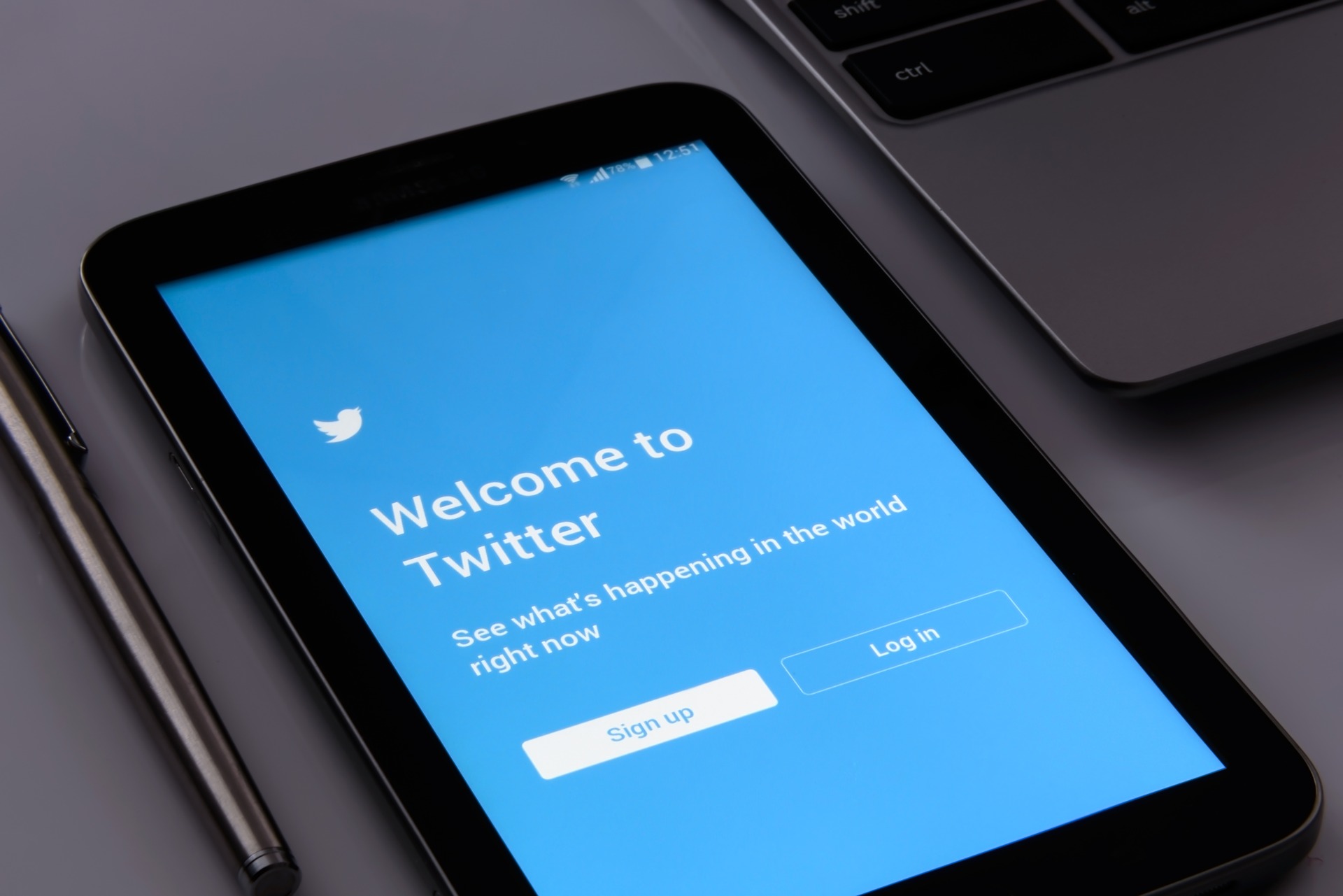Twitter will be making it easier for researchers to access archival information on its database, the company has announced. As part of its new Academic Research product track, researchers will have free access to "full history of public conversation", something only available to users with expensive premium or enterprise access until now. The micro-blogging company has been actively trying to improve its API, tools used by third-party companies to integrate Twitter into its products and services. This API is also used to query data from the tweets database. In an age of rampant misinformation, this data could be valuable for academics looking to study the discourse on social media. Twitter admitted that its API, first introduced in 2006, was not entirely easy to use for researchers. "Despite this, over a decade, academic researchers have used Twitter data for discoveries and innovations that help make the world a better place," it said. The company pointed to instances where researchers had used Twitter data to study public attitudes to floods and climate change, COVID-19 and so on. What else does 'Academic Research' product track offer researchers? Full access to public conversation through a full-archive search endpoint 20-times higher monthly tweet volume cap (10 million) through Twitter's developer platform via 'Standard' product track Better filtering capabilities for data collection Who's eligible? The 'Academic Research' product will be open to only academics, such as master's students, doctoral candidates, faculty and so on, affiliated to an academic institution or university. Applicants will need to have…





























